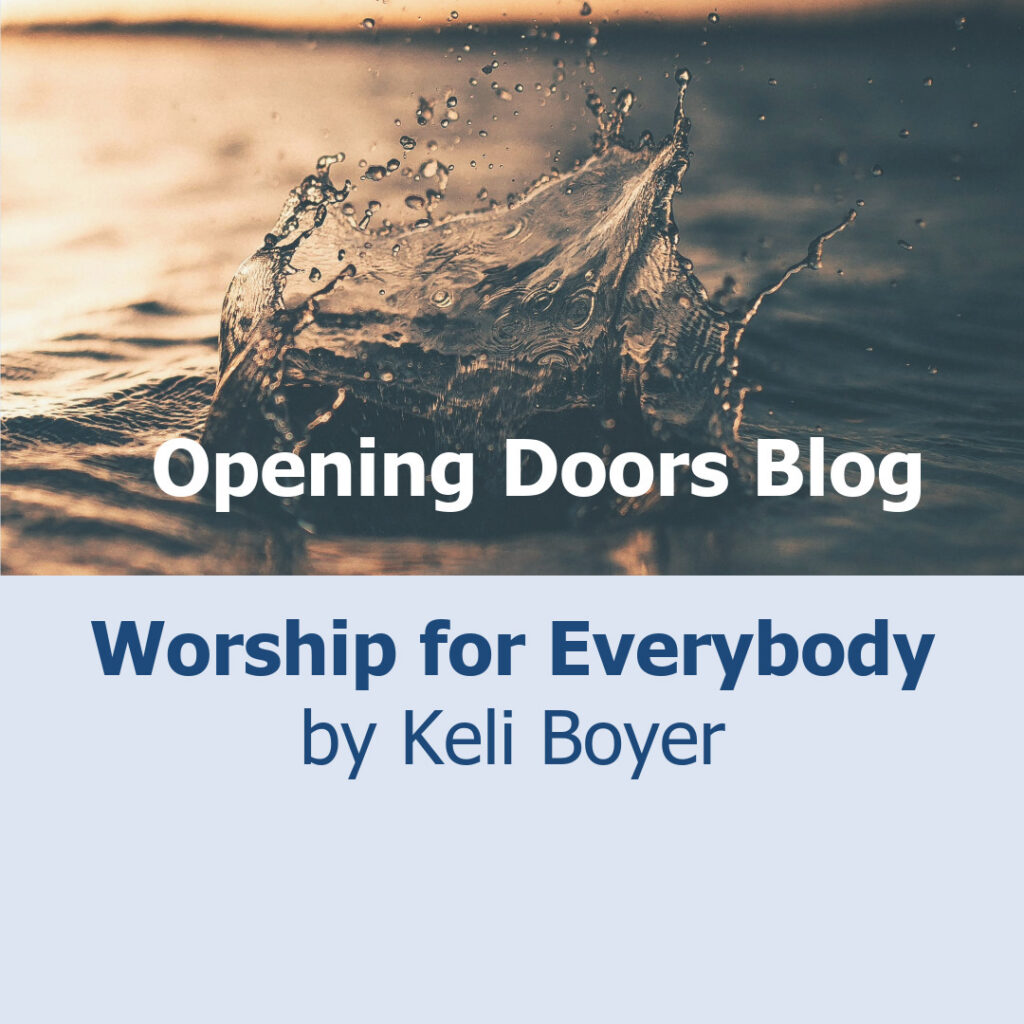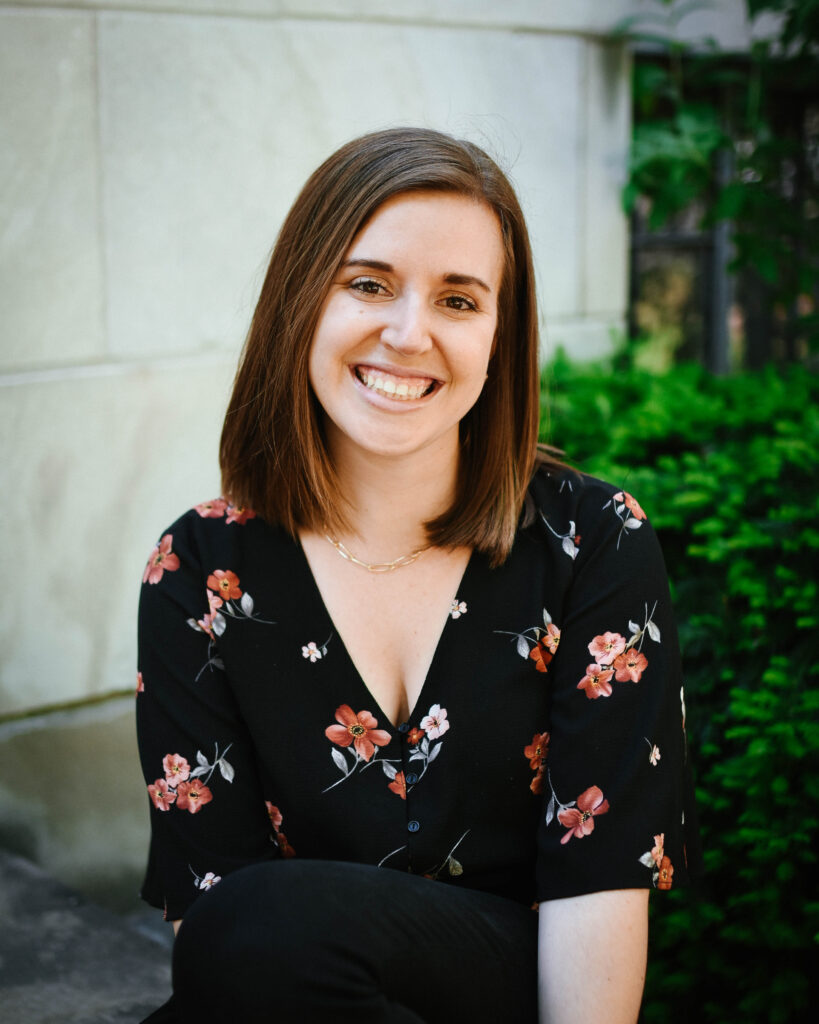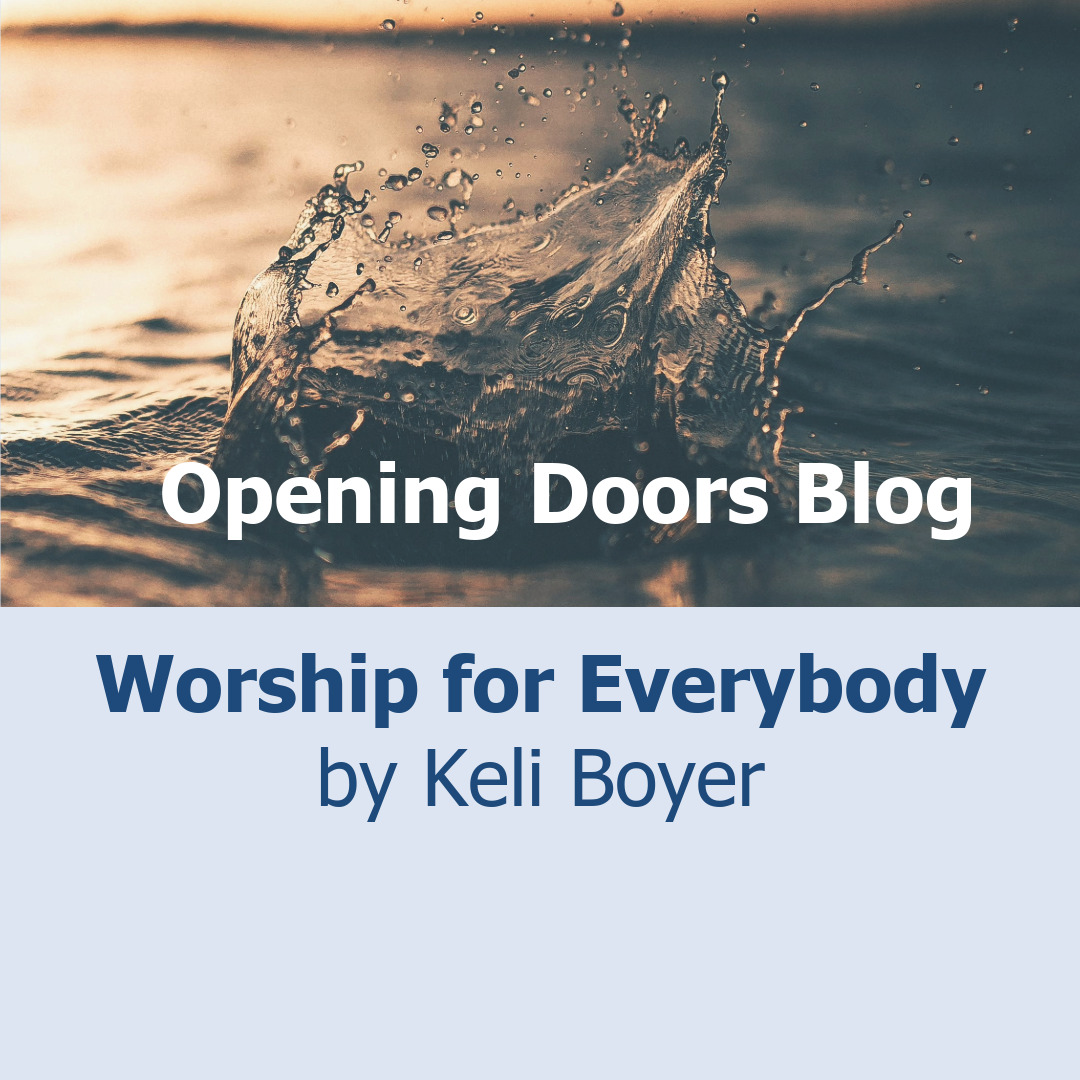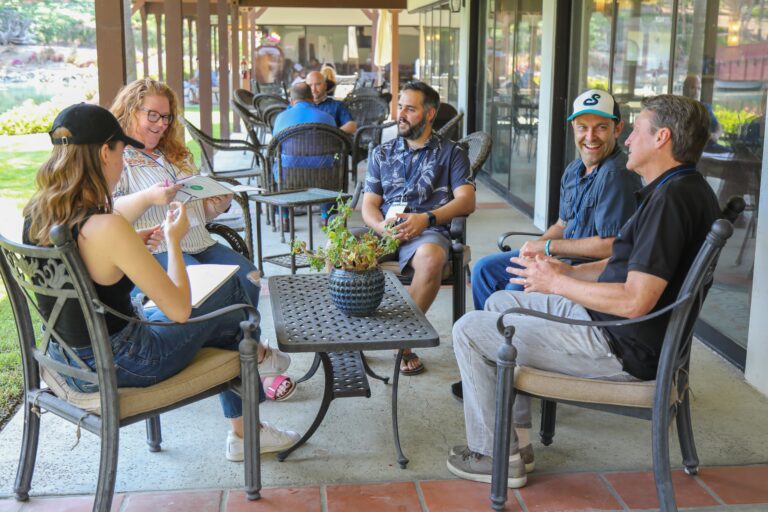Worship for Everybody

What if our Church gatherings were designed with everybody in mind – from toddlers to elders, from disabled folks to neurodivergent thinkers?
They devoted themselves to the apostles’ teaching and to fellowship, to the breaking of bread and to prayer. 43 Everyone was filled with awe at the many wonders and signs performed by the apostles. 44 All the believers were together and had everything in common. 45 They sold property and possessions to give to anyone who had need. 46 Every day they continued to meet together in the temple courts. They broke bread in their homes and ate together with glad and sincere hearts, 47 praising God and enjoying the favor of all the people. And the Lord added to their number daily those who were being saved. – Acts 2:42-47
When we read Acts 2, how is worship portrayed? Is it in the apostles’ teaching? Is it in the sharing of resources and caring for one another? Is it in the daily gathering and sharing of meals together? Yes, to all the above. When we read Acts 2, we see a picture of worship that is both embodied and communal in nature.
Since the Reformation and the rise of literacy, Sunday mornings have become increasingly intellectualized. Sitting for a 20-minute sermon has become the main event and activity of Sunday morning worship.
Teaching in this way can be vital to our faith formation, but it is not the only way that we can be formed as the Church. This model has unfortunately left out children, people with intellectual disability, and others who can’t engage through sitting and listening quietly. That’s where All In comes in.
When we first began dreaming of All In and what the project could become, we hosted several conversations with Mennonite and Brethren church leaders to hear their dreams and where they saw a need in their congregations for better practices of inclusion. Many church leaders shared about their efforts to move towards intergenerational worship and include people with disabilities. Three stories in particular that stuck out to me:
Every week, a young family would come to church, and the parents would spend the entire service chasing their kids, unable to sit still. The church received a gift of child-sized rocking chairs that they included in their sanctuary. One Sunday later, this pastor looks over and everyone is sitting and participating in worship together.
Another congregation shared how, once a month, children and adults stay together and gather in a circle. We pose a question to the entire circle, and everyone gets a chance to share and respond to the question.
While on a retreat, another pastor led his congregation through Lectio Divina (a slow, reading and praying of a Scripture passage) in place of a traditional sermon. At the tables, there were crafts that anyone could use during the reflection and discussion times.
A rocking chair, a congregation gathered in a circle to share, Lectio Divina. These are not things that usually come to mind when we picture our Sunday morning worship, but perhaps they should. In each of these situations, these accommodations and activities allowed the full body to worship together, regardless of ability or age.
With All In, we want to be collaborating with and equipping Anabaptist congregations in their efforts to worship together as one body, old and young, disabled and abled alike. Over the next 5 years, we will journey alongside 12-20 pilot congregations, learning new ways of gathering that are embodied, communal, and accessible. What we learn together can be a springboard for resourcing and supporting many more churches in years to come. Our vision is that these pilot congregations will be a living testimony of what’s possible when members of all ages and abilities are fully embraced and empowered to share their God-given gifts within the Body of Christ.

Keli Boyer is the All In Project Director for ADN. Keli has 10 years of experience in nonprofit and church leadership, including directing respite camps for children with intellectual and developmental disabilities and serving as a Children’s Pastor. Most recently she was the Director of Mission and Culture for the L’Arche community in Chicago. Keli is passionate about seeing the church become a place where people with disabilities are welcomed and fully included in the life and work of the church. She holds a Master of Divinity from Duke Divinity School.






